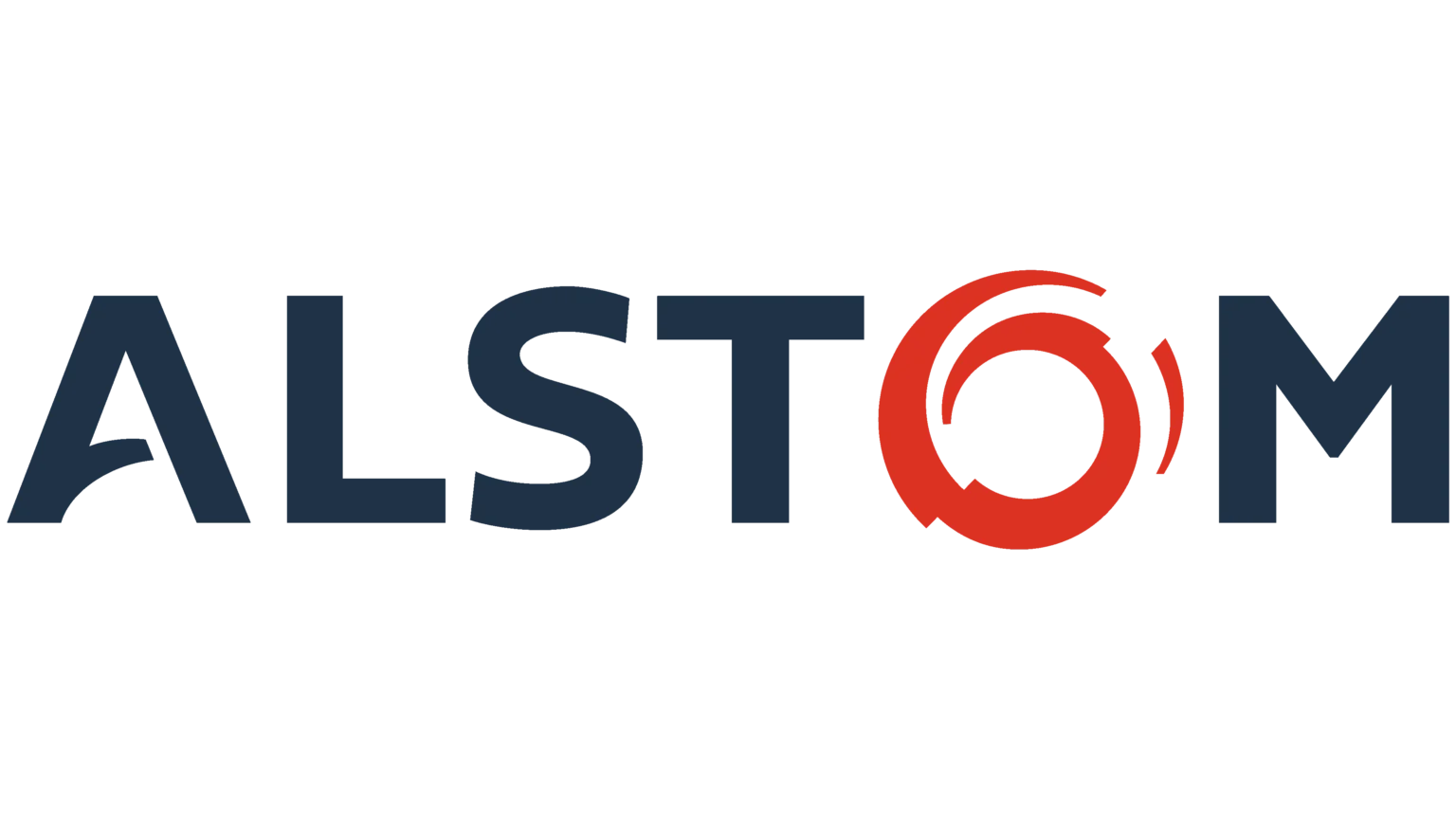Several French companies have received an official letter from the U.S. Embassy. In this message, the U.S. government gives them five days to provide a complete inventory of all their diversity and inclusion initiatives. The warning is blunt : if they do not put an end to these programs, they will be excluded from U.S. public procurement contracts.
Behind this ideological measure, signed by the Trump administration and Vice President Vance, diversity is not the only target. It sends a strong political message: the U.S. administration is willing to impose its rules on foreign companies, even outside its own borders. A clear demonstration of extraterritoriality.

And if the U.S. administration allows itself to interfere in the HR policies of our companies, what might it demand tomorrow in terms of our industrial, procurement, or commercial strategies? Hasn’t it already shown its interference, and bias, in cases like Alstom, Airbus, or BNP Paribas ?
And above all, in a world where artificial intelligence is becoming a central building block of performance, aren’t we letting the wolf into the sheepfold? A wolf that, tomorrow, will be able to impose its own rules to favor its national champions to the detriment of European manufacturers.
But at the same time, how can we afford to miss the AI shift?
AI can drastically improve quality, lead times, maintenance, and productivity. It’s redefining the industrial value chain. Not embracing it means sitting on the sidelines, watching the world move on, and accepting a strategic disconnect.
This raises the question : How can we adopt AI at scale, leveraging the most efficient solutions, without compromising our sovereignty and competitiveness?
I. Extraterritoriality of American law : understanding the mechanics of influence
The letter sent by the U.S. Embassy to French companies regarding diversity is not an isolated incident. It is part of a systemic U.S. strategy: using the law as a tool of economic, political, and even cultural influence far beyond its borders.
This is what is known as the extraterritoriality of law, a lever less visible but just as dangerous as tariffs in trade wars.

In concrete terms, this means that a state applies its laws to foreign entities as soon as a link, even indirect, with its territory is established. This mechanism allows the United States to sanction, constrain, or monitor any foreign company using an American supplier, technology, or infrastructure.
This subject is not reserved for CAC40 multinationals : Any European company with international activity and American competitors is affected.
This includes :
- Manufacturers exporting to the United States or dependent on American cloud tools and software,
- Companies that collaborate with US subsidiaries or participate in transatlantic tenders,
- Companies in sensitive sectors: energy, defense, transport, health, digital, environment.
The three major legal levers of this extraterritoriality
To apply this extraterritoriality law, the United States relies on three pieces of legislation :
1. The Cloud Act (2018)
This text requires any American company to provide the authorities, upon request, with the data it hosts, even if this data is stored abroad.
👉 Are you using Azure, Google Cloud, or AWS? US authorities may demand access to your industrial data.
2. The FISA (Foreign Intelligence Surveillance Act)
Allows U.S. agencies to collect data on “foreign entities” for national security purposes.
👉 All it takes is for your company to use an American tool (email, word processing, collaboration, etc.) for certain data to be potentially accessible without you being informed.
3. L’OFAC (Office of Foreign Assets Control)
The armed wing of the US Treasury to apply economic sanctions, even against foreign companies.
👉 This has already led to massive fines for European companies that have no direct operations in the United States.
Concrete cases that are not theoretical :
US sanctions related to extraterritoriality have hit dozens of European companies, including two major flagships of our industry.

Alstom : The French company saw one of its executives arrested in the United States in 2013 as part of a corruption investigation. The FBI was able to access confidential Alstom information because the company operated in the United States and had American suppliers. In this case, extraterritoriality may apply.
The result: the gradual dismantling of Alstom, with the sale of its energy division to General Electric. A strategic weakening of French industry, facilitated by American legal pressure.

Airbus : The European manufacturer had to pay more than 3.6 billion euros in fines in 2020 to three authorities (French, British… and American) for acts of corruption.
Why the United States ? Because some financial flows transited through the American banking system. This is the legal basis for imposing sanctions.
In this context, adopting AI without strategy or vigilance exposes one’s industrial advantage to the risk of interference. But at the same time, how can one do without it?
II. AI : an essential lever for industrial competitiveness
It is therefore logical to assume that it is safer for a French company not to use American service providers. But in this case, the question of digital disengagement arises, particularly in the area of AI, whose potential can be immense.
Artificial intelligence is no longer a promise : it is a performance accelerator for French manufacturers who have been able to implement it intelligently.
Far from conceptual discourse, AI produces measurable results: cost reduction, quality improvement, breakdown anticipation, supply chain optimization, etc.

Even French mid-sized companies are now adopting these technologies, with concrete use cases that go beyond theory:
- Pellenc ST, a manufacturer of recycling sorting machines, has integrated AI algorithms to improve the recognition and automatic separation of materials. The result : increased sorting accuracy.
- Nutriset, an agri-food company committed to humanitarian nutrition, collaborated with Dataswati to introduce AI into its production processes. This approach has led to a reduction in raw material losses.
- Heppner, a family-owned mid-sized company in transport and logistics, uses AI to optimize its flows, better anticipate demands, and improve reliability in delivering.
These examples show that AI isn’t just for large corporations or tech startups. It’s now accessible, practical, and profitable, even for mid-sized industrial organizations. Moreover, ignoring the AI revolution seems like a dangerous choice for a company’s future.
But behind the promise of efficiency lies an unrelenting reality : growing dependence on American infrastructure and technology.
Indeed, to use AI, it is often necessary, in most cases, to rely directly or indirectly on American solutions. AI cannot be exploited without the cloud; this technology is essential. However, the current cloud champions are Amazon, Google, and Microsoft, which are directly or indirectly present in all large-scale AI projects.
As Patrick Pouyanné, CEO of TotalEnergies, says, “The real problem today in the field of digital technology and artificial intelligence is that we don’t have a European champion.” So what should be done for French companies?
What options are there for reconciling AI and data security?
In a context where AI is becoming an essential performance lever, completely abandoning its use would be a radical choice, but a deeply penalizing one. Some companies make this choice out of precaution or lack of preparation. This is not our position. Because giving up on AI means giving up on competitiveness, agility, and innovation.

So, what are the options for reconciling technological power and data sovereignty ? We see three complementary ones.
1. Sovereign clouds : a reasonable solution for targeted uses
European players such as OVHcloud, Scaleway, and Outscale have been offering sovereign hosting solutions for several years. These infrastructures allow critical data to be stored on French territory, in compliance with regulatory requirements (GDPR, HDS, SecNumCloud, etc.).
However, their service offering remains more limited than that of American hyperscalers. For simple, recurring use cases in highly standardized environments (such as healthcare), these solutions remain relevant, particularly if data criticality takes precedence over raw performance.
2. AI “safes”: American power + French protection
An increasingly adopted approach is to combine a US cloud with a sovereign security layer. Two initiatives deserve your attention :
- S3NS, a joint venture between Thales and Google Cloud, enables users to leverage the power of GCP while benefiting from data governance provided by Thales. This strengthens the trust framework, particularly for sensitive businesses.
- Bleu, a cloud services company founded by Capgemini and Orange, offers a sovereign solution for operating Microsoft 365 and Azure services in a secure French environment, with independent governance and an infrastructure designed to obtain ANSSI SecNumCloud 3.2 certification. This configuration allows users to benefit from the power of Microsoft while meeting the strictest security and sovereignty requirements. Here again, the trade-off is a higher cost, linked to the dual infrastructure and increased oversight.
3. Hybrid cloud: the most realistic path for the majority of businesses
This is the most widespread option today. As Patrick Pouyanné pointed out at the InCyber forum, most large companies combine private environments (internal data centers or private clouds) with public services to access AI resources on demand.
The idea is simple :
- Sensitive data remains under control, hosted on controlled infrastructures (its own Datacenters or a private cloud),
- Non-critical (or anonymized) data can be leveraged in public environments like AWS, Microsoft Azure, or Google Cloud to benefit from the most advanced AI tools.
This strategy, however, implies excellent data governance :
- Ability to map the types of data processed,
- Define clear rules on their use, location, and exposure,
- Ensure that business, IT and legal teams work together with a view to compliance and resilience.
In summary, AI is forcing companies to rethink their cloud strategy.
Today, it’s no longer possible to treat the cloud as a purely technical subject. The rise of artificial intelligence is calling everything into question. Why?
- Data Governance : Deploying AI requires knowing where the data is, which is sensitive or critical, and where it can be stored (public, private or hybrid cloud).
- Choosing use cases : AI isn’t applicable everywhere. It’s important to prioritize high-value use cases and understand where it’s not needed.
- Business model : AI consumes significant cloud resources. This transforms the financing model: shift from CAPEX to OPEX, variable costs, budgetary complexity.
- Skills : Exploiting AI in the cloud requires new profiles: data engineers, MLOps, cloud architects specializing in AI, etc. These are major HR choices (recruitment, training).
These decisions can no longer be left to the IT department alone. They also involve general management, finance, HR, and strategy.
In conclusion
In an uncertain economic climate marked by a global trade war, the adoption of AI is becoming a central issue. It must be addressed at the highest levels of the company, not only to extract value from it, but also to preserve European expertise in the face of the risk of American extraterritoriality.


About the author

Ismail has 15 years of experience in IT and digital consulting. He spent nearly 7 years at Gartner. He has supported innovative startups in their growth strategy and worked with CIOs of large groups on their digital transformation. In 2021, Ismail founded Hubadviser to help CIOs challenge their vision with top-level experts.

